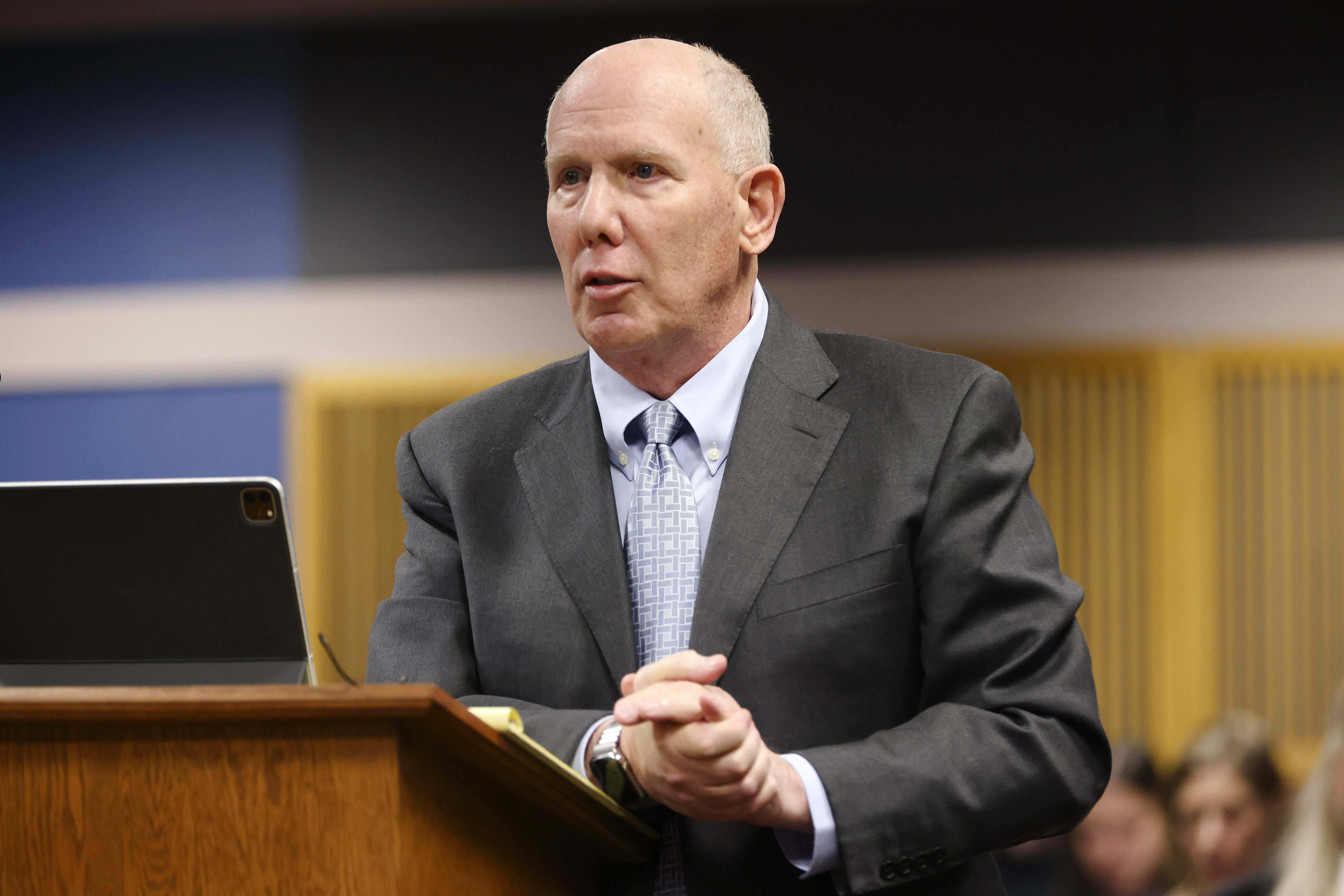Updated
Trump’s Actions Not Fraudulent Just Because State Says They’re ‘False,’ Says Attorney
Save

Steve Sadow, attorney for former U.S. President Donald Trump, speaks in Atlanta, Ga., in a file image. Alyssa Pointer/Pool/Getty Images
Here is the latest
•
State Says 'Fake Elector' Not in Indictment
•
Attorney Says 'Fake Electors' Should be Stricken From Indictment
•
State Says Defendant Arguing He Is Officer in Federal Court Can't Argue He Isn't One in State Court
•
State Says They'll Question Officers at Trial
•
Attorney Argues to Drop Charge for Alternate Elector